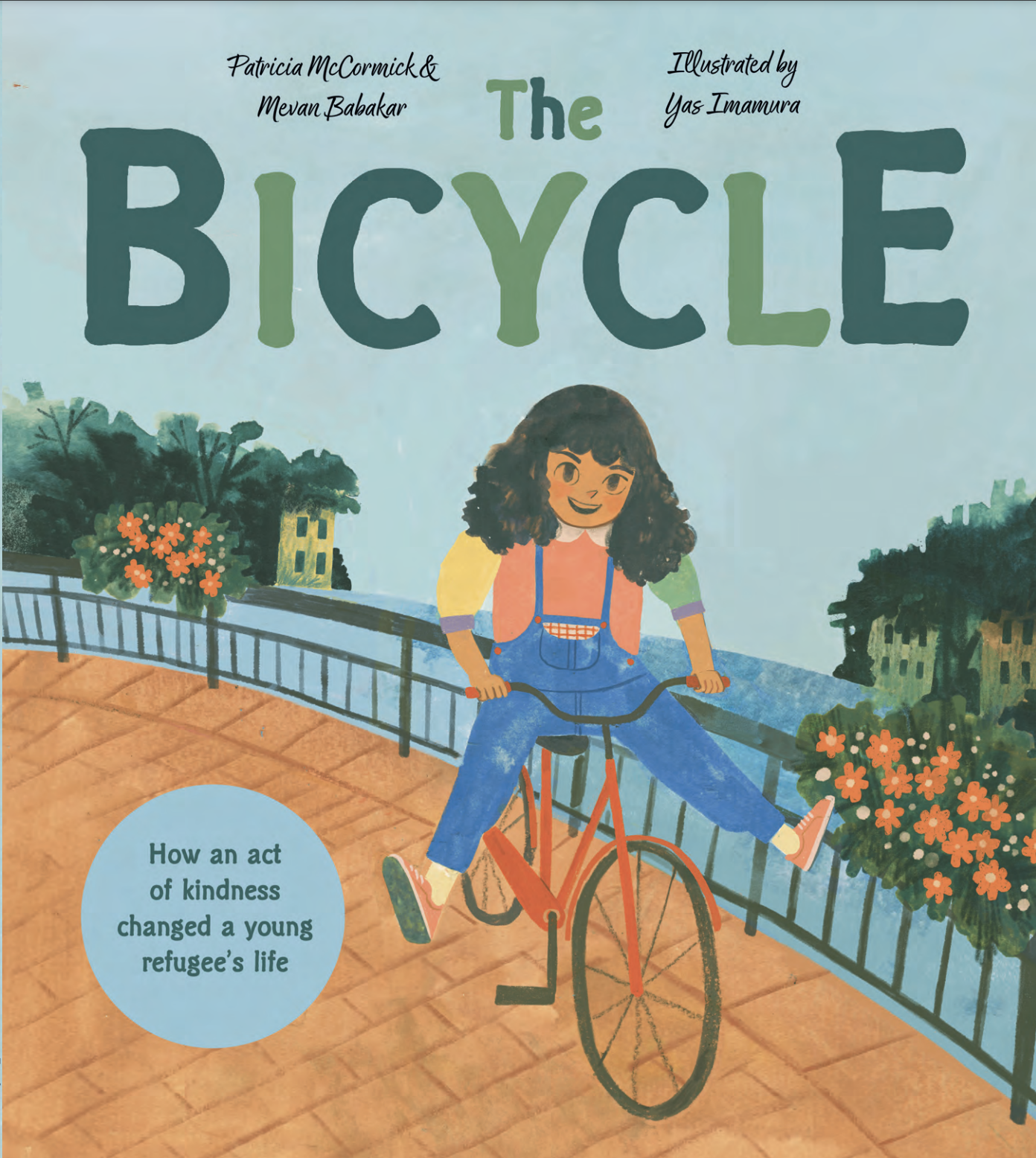
Mevan Babakar
Mevan Babakar is a writer and social entrepreneur.
Born in Baghdad, Mevan spent five years as a child refugee after her family fled Saddam Hussein’s genocide of the Kurds. Twenty-four years later, during a career sabbatical, she retraced the arduous path her family had once taken. This journey captured global hearts when she successfully located and thanked the aid worker who had gifted her a bicycle more than two decades earlier—a story of gratitude that inspired her debut children’s book, The Bicycle (HarperCollins/Farshore).
This deep-rooted understanding of human stories informs her work in the tech sector. At Google, Mevan specialized in information quality, partnering with DeepMind to launch BackStory, a pioneering tool for verifying online context. Her expertise was built at Full Fact, the UK’s leading fact checking charity, where as Deputy CEO she led a team building AI-powered fact checking tools. Their award-winning work won the Google AI Impact Challenge and continues to support fact checkers worldwide.
A recognized leader in democratic empowerment, Mevan was named an Obama Leader for Europe in 2023. She remains a tireless advocate for refugee support and voter access, serving as a trustee for UK for UNHCR and chairing Democracy Club. She also helped found the UK’s inaugural National Voter Registration Day, ensuring that every voice has the opportunity to be heard.






